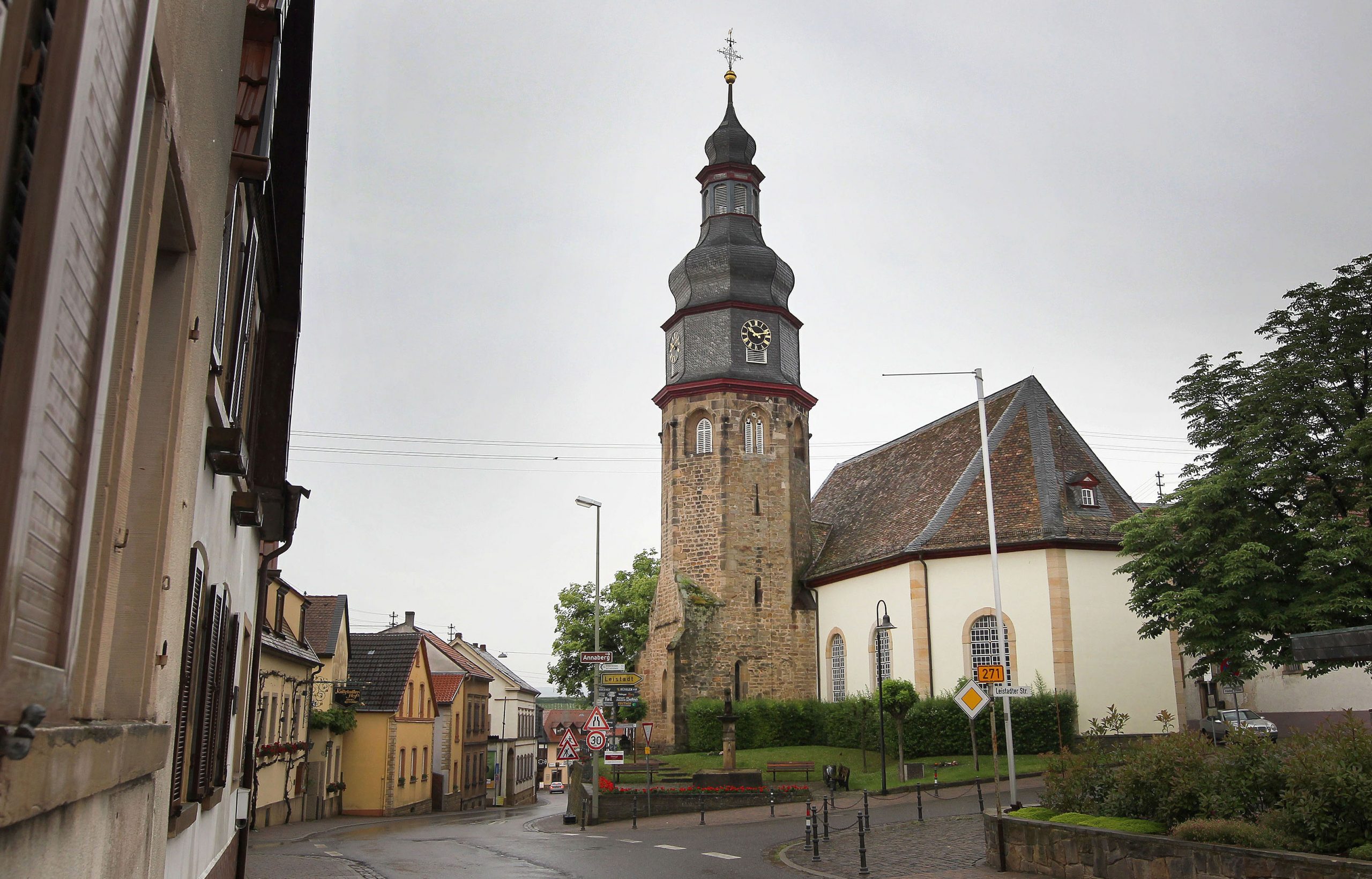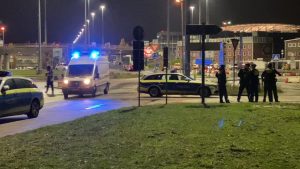Europe grappled with resurgent coronavirus infections Sunday, as Germany considered extending restrictions into April and EU leaders abandoned plans to attend a summit on the pandemic.
Thousands of protesters angry at COVID-19 restrictions rallied in cities across Europe over the weekend, even as several nations reimposed partial lockdowns to fight new surges in infections.
A memo from several of Germany’s regions, seen by AFP, said the country’s partial lockdown should be extended into April because of rising infection rates driven by COVID-19 variants.
Travel needed to be cut to a minimum, with quarantines and negative tests required for those re-entering Germany, the memo warned, with media reports suggesting the current restrictions could be extended until April 18.
Also Read: 33 arrested by police in UK after anti-lockdown protests
The prospect of further curbs will infuriate the thousands of protesters who marched against existing restrictions in the Germany city of Kassel on Saturday.
Police there used water cannon, batons and pepper spray to disperse the crowds, which they estimated to number up to 20,000.
Protesters also marched in Amsterdam, Vienna, the Bulgarian capital Sofia, and Switzerland over the weekend.
In the southern city of Marseille, around 6,500 people took part in a carnival parade, flouting the new restrictions that came into force this weekend to try to stem surging infection numbers.
Britain on Sunday warned the EU over its threat to halt exports of AstraZeneca’s vaccines, in a row that has heightened post-Brexit tensions between London and Brussels.
“If contracts get broken, and undertakings, that is a very damaging thing to happen for a trading block that prides itself on the rule of law,” Defence Secretary Ben Wallace told Sky News.
Anglo-Swedish pharma giant AstraZeneca has delivered only 30% of the 90 million doses it promised the EU for the first quarter, infuriating European leaders and complicating the continent’s already struggling rollout.
Also Read: UK calls its vaccination programme ‘huge success’, inoculates half of adult population
Brussels has accused London of operating its own de facto export ban to achieve its vaccine success, a claim furiously denied by the British government.
The coronavirus, which has killed more than 2.7 million people, has been spreading faster recently, with new infections up globally by 14% in the last week, according to AFP data.
The EU said Sunday that a summit scheduled for Thursday and Friday in Brussels will not be held in person because of the accelerating third wave of the coronavirus in Europe.
Residents in Poland, parts of France, and Ukraine’s capital Kiev were the latest to face fresh curbs from Saturday.
But restrictions were also returning in parts of Asia.
Churches in the Philippines’ capital Manila will be closed, eating inside restaurants banned and leisure travel outside the city curbed under new rules unveiled Sunday as infection figures climb.
And in northern India, the government warned that a huge Hindu religious gathering could turn into a superspreader event, calling for increased testing.
Also Read: German leader Angela Merkel says ‘would take AstraZeneca vaccine’
The annual Kumbh Mela festival has already been shortened from three months to 30 days, but is still causing headaches to authorities.
Large crowds of pilgrims — mostly maskless — have flocked to the festival, with more than three million pilgrims taking part one day earlier this month.
US authorities have meanwhile imposed a state of emergency and a curfew in Miami Beach, Florida, to deal with uncontrollable crowds partying during spring break.
With approximately 13% of US residents vaccinated, many seemed convinced against all the evidence that the pandemic is now under control in the world’s worst-hit nation.
“Just go get your vaccine y’all so that you could come out here and have a good time like us because we vaccinated, baby,” Jalen Rob, a student from Texas, told AFP.
But health expert Anthony Fauci stressed that people still needed to remain cautious — or there may be more spikes in infections.
“Vaccines are coming on really well,” he told NBC on Saturday. “If we can just hang on a bit longer, the more people get vaccinated, the less likelihood that there is going to be a surge.”
For the first time, the US administered more than three million doses of COVID-19 vaccine for two consecutive days, according to official figures published Sunday.
Hopes of ending the pandemic have been boosted with rollouts starting in some poorer parts of the world as well, including the Palestinian Territories, which was due to start giving out shots on Sunday.
Also Read: UK Prime Minister Boris Johnson gets first AstraZeneca vaccine jab
Brazil said Sunday it was lifting its requirement for local authorities to reserve half their coronavirus vaccine stockpiles for second doses, seeking to accelerate its lagging immunization campaign and curb a deadly COVID-19 surge.
And South Africa’s health minister said the government has sold a million doses of the AstraZeneca coronavirus vaccine for distribution in 14 fellow African nations.
The United Nations defended its decision to accept free COVID-19 jabs for its staff in Kenya even though the government there hasn’t finished vaccinating its own vulnerable citizens.
The offer, confirmed by UN and diplomatic sources, comes as Kenya battles a severe third wave of the virus and last week recorded its highest single-day death toll since the pandemic began.







